UPDATE 9 May 2014
The ACT Government’s decision to withdraw the Bill can be seen as a validation of effective coordination among resident and community groups. Resistance is not always futile!
ORIGINAL POST
DRA has been working actively with other community representative groups in the ACT to respond to the ACT Government’s attempt to introduce radical changes to the consultation and appeal processes of the ACT planning system, in the form of the Planning and Development (Project Facilitation) Amendment Bill 2014. This Bill is currently before the Legislative Assembly.
The Bill would give a planning minister the power to designate “Special Projects” and “Special Precincts” which would be exempt from some of the current planning criteria (eg Heritage and Tree Preservation requirements).
Concerns were canvassed within the Deakin Residents Assocation, and further discussed with other Inner South groups under the Inner South Canberra Community Council, and on 3 May discussed at a session of the Combined Community Councils (CCC) of the ACT, comprising resident and community groups from every part of Canberra.
Following that meeting the Convenor of the CCC, Tom Anderson, wrote letters to the Chief Minister and other senior politicians expressing a consensus of concerns held by all residents representative groups.
In summary, the Combined Community Councils made eight points:
- The Bill would not stimulate the local economy and could do irreparable harm to Canberra’s planning. It should be withdrawn in favour of a better overall strategic/operational planning approach.
- If the Bill proceeds, any declared “Special” projects or precincts should be for a limited period with a sunset clause.
- Better definitions are required for “substantial public benefit” and “of major significance”.
- The focus should be on fast-track approval only of exceptional projects rather than conferring a blanket discretion on the relevant Minister.
- Appeals to ACAT must remain an option, as the costs of Supreme Court Appeals are prohibitive for most stakeholders.
- The proposed Bill dramatically reduces the requirements on developers for public consultation and accountability.
- Heritage Protection and Tree Protection must not be overridden.
- A public consultation period of 60 days should be available before any declaration can be made.
The outcome of Legislative Assembly processes remains unclear, since an Assembly committee failed to produce a common report on these issues.
Community councils continue to call on elected representatives of all parties to ensure a proper balance between economic objectives and broader community expectations of development goals.
